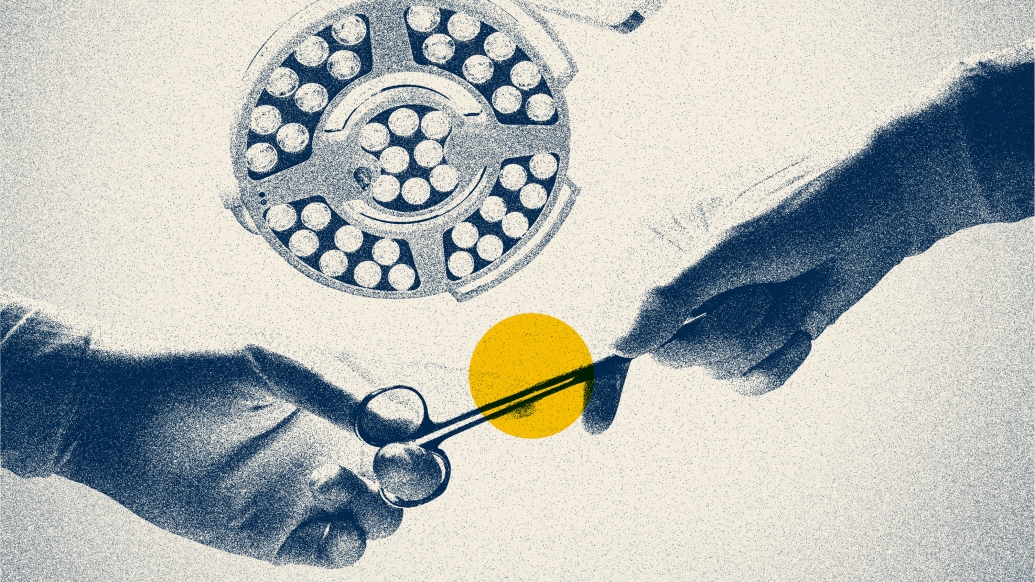Currently there's only one type on the market approved by the FDA
5:00 AM
Author |

Heparin is an anti-clotting medication widely used during surgical procedures such as open-heart surgery, dialysis, in the treatment of blood-clotting disorders and more to keep blood flowing.
After a procedure is completed, anti-heparin drugs are administered so that blood can once again clot normally and reduce the chance of out-of-control bleeding.
Currently there is only one heparin reversal agent approved by the Food and Drug Administration, a protein derived from fish sperm called protamine sulfate.
“Protamine works but it has an FDA black box warning because of the potentially dangerous side effects associated with it,” said James Morrissey, Ph.D., professor in the Department of Biological Chemistry.
Those side effects range from life-threatening allergic reactions to dramatic changes in blood pressure. Also, protamine is not efficient or does not work against low molecular weight heparins—the most extensively used heparin-based anti-clotting medications.
Morrissey, along with his collaborator Jay Kizhakkedathu, Ph.D. at the University of British Columbia, and their team set out to make a safer, universal heparin reversal agent.
Their antidote is based on the fact that the heparin polymer is negatively charged. Their team has generated a platform of positively charged inhibitors that readily and selectively bind to heparin in blood, neutralizing it.
In mouse models, earlier versions of the inhibitors bonded to heparin so well, said Morrissey, that it bonded to other negatively charged molecules in the body, causing off-target effects similar to protamine.
The newest version, described in a recent issue of Advanced Healthcare Materials, adjusted the number of protons bound to it, making the molecule less positive so it would preferentially bind to the highly negative heparin, resulting in a much safer drug.
“What we’ve created is a drug platform that could be beneficial in various diseases by targeting other negatively charged biological polymers,” said Morrissey.
The team is currently exploring further trials in animals and people and potential commercialization of the platform.
Additional authors include Chanel C. La, Stephanie A. Smith, Manu Thomas Kalathottukaren, and Charles A. Haynes.
Citation: “External Trigger Free Charge Switchable Cationic Ligands in the Design of Safe and Effective Universal Heparin Antidote,” Advanced Healthcare Materials. DOI: 10.1002/adhm.202400108.

Explore a variety of health care news & stories by visiting the Health Lab home page for more articles.

Department of Communication at Michigan Medicine
Want top health & research news weekly? Sign up for Health Lab’s newsletters today!




